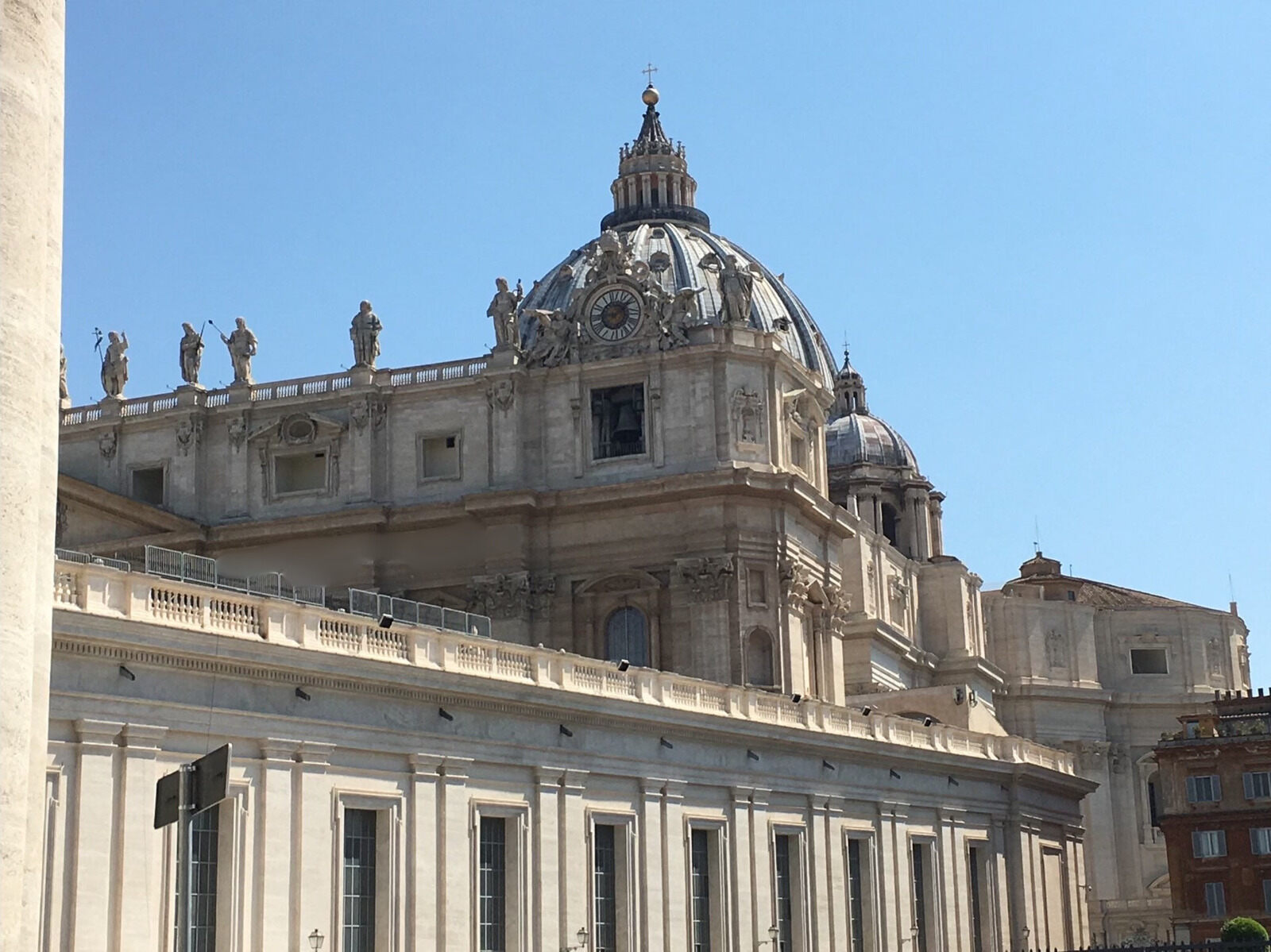
What is a plenary indulgence? A plenary indulgence is a special grace granted by the Catholic Church that removes all temporal punishment due to sin. Imagine having a clean slate, spiritually speaking. This concept has deep roots in Church history and theology, offering believers a way to purify their souls. To gain a plenary indulgence, one must meet specific conditions, such as confession, receiving the Eucharist, praying for the Pope's intentions, and performing a particular act like a pilgrimage or charitable work. These indulgences can be applied to oneself or the souls in purgatory, making them a powerful spiritual tool.
What is a Plenary Indulgence?
A plenary indulgence is a concept in the Catholic Church that refers to the full remission of temporal punishment due to sins. This practice has a rich history and involves specific conditions and acts of devotion.
- The term "plenary" means "complete" or "full."
- Indulgences can be partial or plenary, depending on whether they remove part or all of the temporal punishment.
- The practice dates back to the early Church, where penitents performed acts to show repentance.
- Pope Urban II granted the first plenary indulgence during the First Crusade in 1095.
- To receive a plenary indulgence, one must be in a state of grace, free from all attachment to sin.
- Confession, Communion, and prayer for the Pope's intentions are required conditions.
- Specific acts like reading the Bible for at least half an hour can grant a plenary indulgence.
- Visiting certain churches or shrines during designated times can also qualify.
- The Church teaches that indulgences do not forgive sins but remove the temporal punishment.
- The concept is rooted in the belief in the Communion of Saints, where the merits of Christ and the saints can aid others.
Historical Context of Plenary Indulgences
Understanding the historical context helps grasp why plenary indulgences became significant in the Catholic tradition.
- The practice was formalized during the Middle Ages.
- Indulgences were often granted for participating in Crusades or pilgrimages.
- Abuse of indulgences, such as selling them, led to significant controversy.
- Martin Luther's 95 Theses in 1517 criticized the misuse of indulgences, sparking the Protestant Reformation.
- The Council of Trent (1545-1563) reformed the practice, emphasizing proper use and eliminating abuses.
- The Church clarified that indulgences are not a "get out of jail free" card but require sincere repentance.
- Modern popes have continued to grant indulgences, often linked to specific holy years or events.
- The Jubilee Year of Mercy in 2015-2016 included special opportunities for obtaining plenary indulgences.
How to Obtain a Plenary Indulgence
The process involves specific actions and spiritual conditions. Here are the steps and requirements.
- One must have the intention to gain the indulgence.
- Performing the indulgenced act, such as praying the Rosary in a church or family group, is necessary.
- Sacramental confession within about 20 days before or after the indulgenced act is required.
- Receiving Holy Communion on the day of the act is essential.
- Praying for the intentions of the Pope, typically an Our Father and a Hail Mary, is part of the process.
- Being free from all attachment to sin, even venial sin, is crucial for the indulgence to be plenary.
- If any condition is not met, the indulgence becomes partial instead of plenary.
- One can obtain only one plenary indulgence per day, except at the moment of death.
Misconceptions and Clarifications
There are many misunderstandings about plenary indulgences. Here are some clarifications.
- Indulgences do not forgive the guilt of sin; only confession can do that.
- They do not guarantee immediate entry into heaven but reduce time in purgatory.
- Indulgences are not a way to "buy" forgiveness or salvation.
- The Church does not sell indulgences; any monetary offerings are voluntary and not required.
Understanding plenary indulgences involves recognizing their spiritual significance and the conditions required to obtain them. This practice, deeply rooted in Catholic tradition, continues to be a meaningful way for believers to seek spiritual growth and remission of temporal punishment.
Final Thoughts on Plenary Indulgence
Plenary indulgence, a fascinating aspect of Catholic tradition, offers believers a way to reduce time in purgatory through specific acts of faith and devotion. By understanding its history, significance, and the conditions required, one can appreciate its role in spiritual life. Whether it's through prayer, charitable acts, or pilgrimage, the pursuit of plenary indulgence encourages a deeper connection with one's faith and community. While some may view it with skepticism, for many, it remains a meaningful practice that brings comfort and hope. Embracing this tradition can enrich one's spiritual journey, providing a sense of peace and fulfillment. So, next time you hear about plenary indulgence, remember its profound impact on countless lives throughout history. It’s more than just a religious concept; it’s a testament to the enduring power of faith and devotion.
Was this page helpful?
Our commitment to delivering trustworthy and engaging content is at the heart of what we do. Each fact on our site is contributed by real users like you, bringing a wealth of diverse insights and information. To ensure the highest standards of accuracy and reliability, our dedicated editors meticulously review each submission. This process guarantees that the facts we share are not only fascinating but also credible. Trust in our commitment to quality and authenticity as you explore and learn with us.


